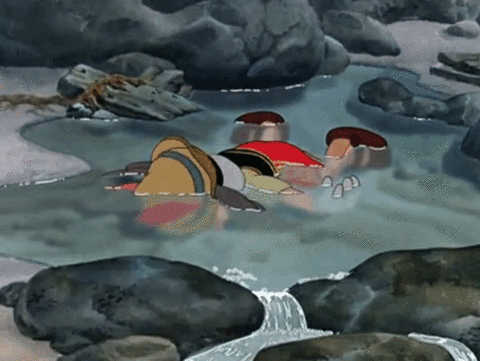Realistically, what can be done right now? Asking people to radically change consumption habits is not going to work. You could impose rolling brownouts on a global basis to reduce consumption and emissions, and force polluting factories to only operate during particular time windows, but that would kill the economy. Countries could build more nuclear power plants to supplant coal and natural gas plants, but nuclear waste is not exactly awesome either.
Solar and wind electricity generation are inherently not reliable enough to supply the entire world's energy needs by themselves. You need redundant reliable power generation even if you have enough renewable energy generation to power the whole world, because solar and wind are not consistent enough, and large-scale batteries capable of powering whole cities don't exist. So you would have to institute a brownout policy if you went 100% solar and wind. Telling people that their electricity won't be on 100% of the time in order to benefit the environment, when we have the ability to provide dirtier but reliable energy, is a non-starter and would also destroy the economy.
We either really need a source of clean, renewable energy that is not intermittent, or batteries that have the ability to store enough energy to power cities. Nuclear fusion could potentially do that but it's nowhere near ready:
http://blogs.discovermagazine.com/crux/2016/03/23/nuclear-fusion-reactor-research/#.WD2mhOIrJUQ.
Batteries useful for power-grid applications are also not ready, but are maybe closer than fusion:
http://news.mit.edu/2016/battery-molten-metals-0112
If and when these and other technologies become available, they will be implemented, and have the potential to help reduce or stop global warming. Until then, more warming is inevitable. There's not much we can do, barring going off-grid completely, which may have a limited benefit. If you live somewhere that permits you to disconnect your home from the power grid, and generate your own power, then that might help in some small way, but so long as your house remains connected to the grid, then the power generation utilities have to provide enough electricity for you whether you use it or not.
Humanity in general is producing way too much stuff, and consuming a lot of energy to do it and to power niceties of modern life. You can't ask everyone to go back in time 200 years so we're unfortunately just going to have to mitigate the consequences the best we can. Denying that global warming exists is silly, but it's a problem that is not realistically solvable in 2016. Coastal areas should start building sea walls now, but they probably won't do that either until disaster hits, due to the cost.





